During the 2024 election cycle, President Donald Trump and his Republican Party made explicit overtures to union voters, making them a key part of their new coalition. Now, Trump is trying to push through the Senate a nominee to please them.
Republican former Rep. Lori Chavez-DeRemer represented a northwest Oregon swing district in the 118th Congress before she lost a close reelection battle in November. After her defeat, Trump nominated her to lead the Department of Labor, and her pro-labor record has made some Senate Republicans apprehensive about throwing their support behind her.
Chavez-DeRemer was one of only three House Republicans to support the Protecting the Right to Organize (PRO) Act. The legislation includes a host of measures that opponents say would effectively abolish state right-to-work laws and expand the power of the National Labor Relations Board. The bill, which passed the House in 2021 but died in the Senate that session, included a section that would allow unions to assess dues to all workers in a bargaining unit, whether they were union members or not. Her support for the PRO Act makes supporters of a federal right-to-work law, a longtime GOP priority, especially wary.
“I'm the author of the national right-to-work bill,” Sen. Rand Paul of Kentucky told reporters. “I think the state right-to-work laws are important, and her support for the PRO Act, which would overturn state right-to-work laws, is a deal killer for me.” He added that he would vote against her in the Health, Education, Labor, and Pensions (HELP) Committee, before which she will testify on February 19.
But for Sen. Josh Hawley, who disavowed his previous support for a right-to-work law after his Missouri constituents voted to repeal a state-level right-to-work statute through a popular referendum, showing support for union workers is one reason his fellow Republicans should confirm Chavez-DeRemer.
“We’re not going to win without working-class voters,” he told The Dispatch. “That’s the fact of our coalition, not just for President Trump, but period. It’s true of my state. It’s true in almost all of our states, so we’re either going to be a party of working-class people, or we will never ever be a majority party.”
Though there does not appear to be a concentrated bloc of Republicans who oppose Chavez-DeRemer, her confirmation process represents another instance in which Trump has challenged a long-held plank of the GOP platform. If she wins confirmation, it could signify a Republican shift on labor issues as blue-collar union members become a more integral part of the party’s political coalition.
So far, Paul is the only Republican senator to go on record opposing Chavez-DeRemer, but he has indicated that there could be as many as 15 GOP senators who vote against her. If Paul opposes her in committee, she will need Democratic votes to bail her out. Democrats on the HELP Committee have not given full-throated approval of her, but they have spoken positively about her support for the PRO Act .
“I’m glad that she supports it. I do too,” Sen. Tammy Baldwin of Wisconsin told The Dispatch. Sen. John Hickenlooper of Colorado said he doubted that Chavez-DeRemer would backtrack on her support for the legislation when asked about it during her confirmation hearing.
But there are some Republicans on the committee who are hoping that she does recant her support at least for the section that would affect right-to-work. Sen. Ted Budd of North Carolina said it was his impression that she had already backed off her previous approval of the bill.
“I don't think that's the position she’s taking right now, as I understand it,” he told The Dispatch. “What I’m hearing from Trump’s nominees is they’re in alignment with Trump’s policies.”
Other Senate Republicans, however, were not so sure that she was no longer supporting the PRO Act, even after speaking with her. Alabama Sen. Tommy Tuberville, who also sits on the HELP Committee and said he had a “good meeting” with Chavez-DeRemer about two weeks ago, said he was looking for answers on her position.
“I’m [from] a right-to-work state, so I’m getting a lot of talk from my people back home, so we’ll see how it works,” he said.
Sen. James Lankford, who does not sit on the HELP Committee but has co-sponsored Paul’s National Right-to-Work Act, also said he spent time with Chavez-DeRemer but wanted to learn more about her views, including her “perspective on right-to-work states and the PRO Act and her perspective on franchises.”
“She’ll have a lot of things she’s got to be able to walk us through … There’s been a lot of work that the Biden administration has done to be able to shut down the growth of franchises and to control and to do forced unionization nationwide,” he told The Dispatch.
The questions from some Republican senators come after the party worked hard to bring major labor unions into the fold last year. Teamsters President Sean O’Brien spoke at the Republican National Convention, and polling from the union showed its members supported Trump over Vice President Kamala Harris in the leadup to the election by 17 points (though union members overall favored Harris).
But not all Republicans see confirming Chavez-DeRemer, who traces her support for unions to her father’s Teamsters membership, as the pathway to keeping working-class voters in the tent.
“There’s a lot of things that attract them to us that don’t involve union politics or collective bargaining,” Sen. Kevin Cramer of North Dakota told reporters. “That's what attracts the union bosses. What attracts the blue-collar worker is low inflation, no tax on overtime … and just deregulating so that we can actually build things again. Those are the things that attract the blue collar worker to Donald Trump, not our positions on collective bargaining or on the politics of unions.”
Editor's Note: This article was updated to reflect the rescheduling of Lori Chavez-DeRemer's confirmation hearing to February 19 due to weather conditions in Washington, D.C.
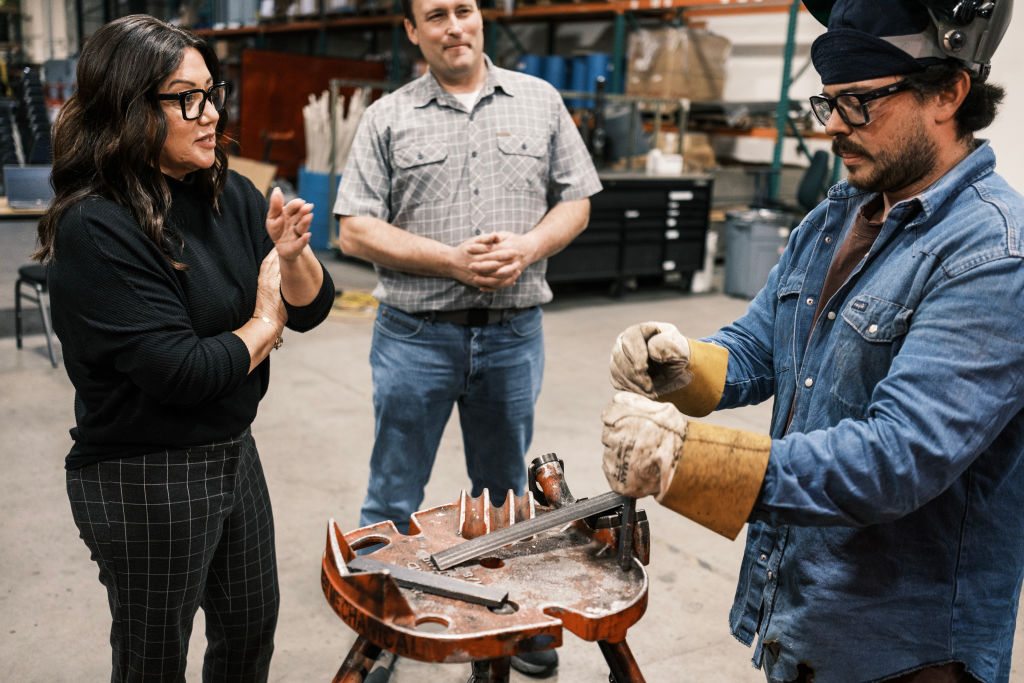

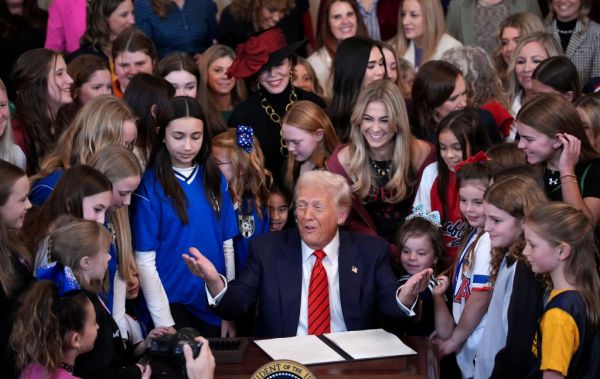
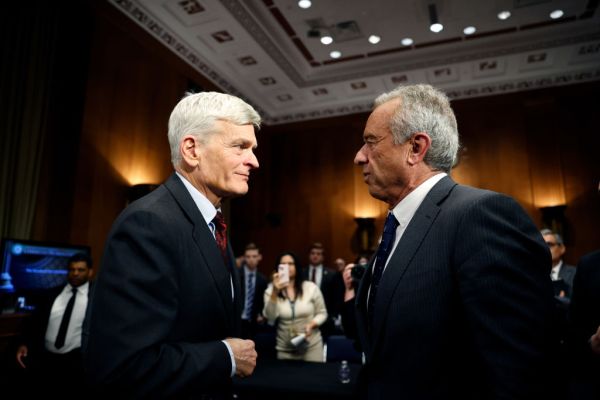
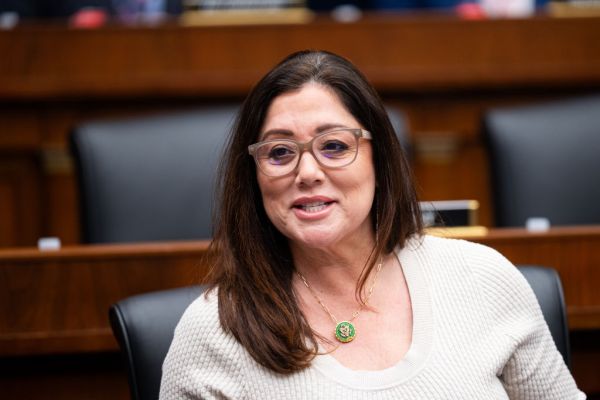

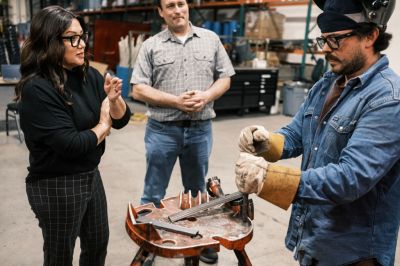
Please note that we at The Dispatch hold ourselves, our work, and our commenters to a higher standard than other places on the internet. We welcome comments that foster genuine debate or discussion—including comments critical of us or our work—but responses that include ad hominem attacks on fellow Dispatch members or are intended to stoke fear and anger may be moderated.
With your membership, you only have the ability to comment on The Morning Dispatch articles. Consider upgrading to join the conversation everywhere.